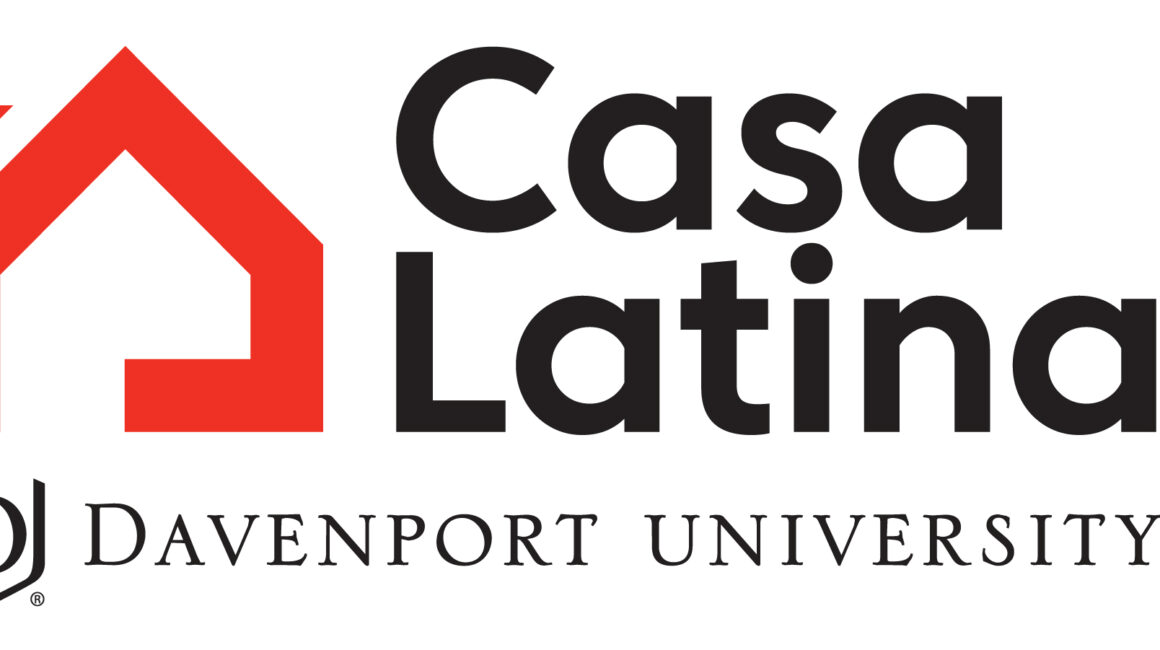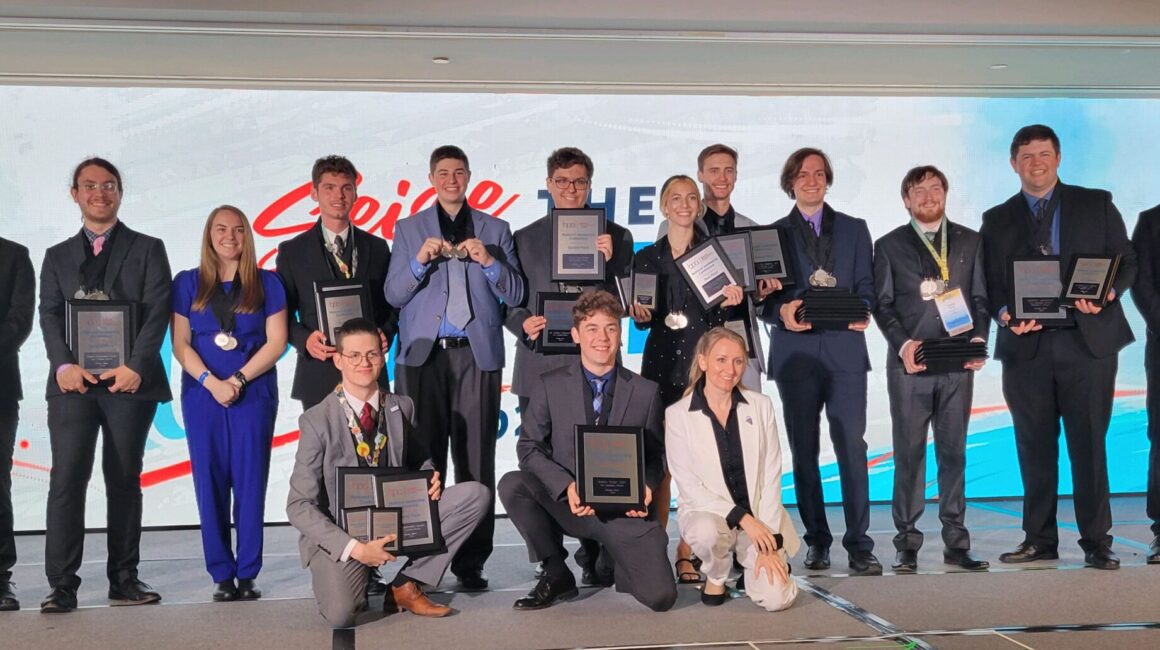
Students support the health department with contact tracing
For university students, acceptance into an externship program is paramount to dipping a toe into your first career experience. The COVID-19 pandemic caused Davenport University senior Courtney McInerney, a student in the registered nurse in primary care (RNPC) program, to jump into her first experience with both feet. McInerney spent her externship as a COVID-19 contact tracing monitor with the Kent County Health Department.
Communities use contact tracing to help slow the spread of coronavirus. When a person tests positive for COVID-19, clinics, and hospitals send the names of those people to their local health department for further investigation.
“Every case that’s positive in Kent County is reported by physicians and laboratories. If someone tests positive, we receive that result as a positive case in our database,” said Brian Hartl, epidemiology supervisor at Kent County Health Department.
In turn, the health department asks the infected person about people they’ve been in close contact with recently. The health department alerts those people within 24 hours, warning them of potential virus exposure. The process is anonymous to protect all parties.
“We have a team of investigators that are responsible for contacting these folks, gathering information from them, and contacting their close contacts to quarantine those folks,” said Hartl.
He calls COVID a public health anomaly like nothing he’s experienced.
“I’ve been here 18 years, and we haven’t had to do anything like this — never to this extent where we’re doing isolation and quarantine,” he said.
Prior to performing her externship at Kent County Health Department, McInerney was among four students in the RNPC program preparing for an externship at the Wyoming Veteran’s Affairs (VA) Outpatient Clinic. Stay-at-home orders altered those plans.
“Students in the RNPC program have an opportunity to do a 12-week externship at the Wyoming VA where they offer not only primary care but a huge array of ambulatory and specialty care services to veterans,” said Heather Hunt, RNPC grant coordinator.
“When COVID happened, we were sheltered-in-place, and our spring semester was abruptly interrupted as classes went from in-person to online. It affected summer externships — they were put on hold.”
That’s when the Kent County Health Department contacted Davenport University seeking students to assist with contact tracing and monitoring.
“The crisis led to a need for contact tracing calls in Kent County, and I said, ‘I have the people!’” said Hunt.
Not only do these opportunities allow students to gain real-life experience and technical skills, but they also build important soft skills
According to Hunt, the COVID-19 climate provided nursing students experience in frontline ambulatory care, also known as outpatient care. These externships are tremendously important for nursing students, who typically move directly into hands-on roles after graduation. Not only do these opportunities allow students to gain real-life experience and technical skills, but they also build important soft skills such as empathy, tenacity, communication, and critical thinking.
“This is a part of a nurse’s role. We need to do our part in public health within the community to make a positive impact,” Hunt said. “For the students to be involved in their community and to help decrease the spread of COVID — not only are they learning about it, but they are also doing it. And that is important.”
During her time at Kent County Health Department, McInerney was tasked with contacting the close contacts of infected people over the phone to encourage them to quarantine themselves and monitor their symptoms. She also provided direction for additional assistance.
The experience taught her a lot about individual health care.
“I learned how to communicate with contacts on the phone and to provide guidance and education on how to decrease the spread of COVID-19 throughout the Kent County community,” McInerney said.
“Through these calls, I learned to communicate with patients by using terms that could be understood and invited questions to be asked. While these skills were specific to contact tracing, they will be valuable in my future practice. In learning the process of contact tracing, I also learned how it can decrease the exposure and spread of the virus in the community.”
We need to do our part within the community to make a positive impact
McInerney also discovered that ambulatory care can be different with each patient. One case she recalls was of a Spanish-speaking person.
“I had to utilize an interpreter to relay important information regarding their health status. Luckily, the information was relayed, and the client was able to quarantine appropriately. It opened my eyes to the many barriers that can impede people from receiving the information and care they need,” she said.
McInerney said the lessons learned in personal communication will stick with her wherever she works next.
“Sensitivity is a skill that I learned and will take with me in my future career. Having empathy for the client’s feelings and providing comfort during challenging times are important skills to have as a health care provider. Through speaking to individuals and answering questions, I was able to practice and improve these skills,” she said.
To learn more about Davenport’s bachelor of science in nursing or msn nursing programs and their advanced teaching techniques, please visit www.davenport.edu/nursing.



No Responses